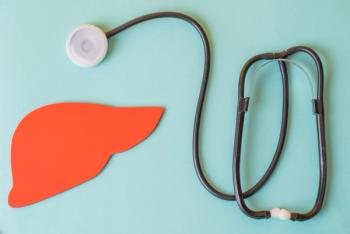
Second Biosimilar Approved to Treat Neutropenia
A second biosimilar to Amgen’s Neupogen, which treats neutropenia, has been approved in the United States. The FDA approved Pfizer’s filgrastim-aafi, which will be sold under the brand name Nivestym. Zarxio (filgrastim-sndz) was the first filgrastim biosimilar approved by the FDA in 2015.
A
As a biosimilar, Nivestym is approved for all eligible indications of the reference product, filgrastim. Nivestym is indicated in the United States for:
- Decreasing incidence of infection in patients with cancer receiving myelosuppressive anticancer drugs;
- Reducing the time to neutrophil recovery and duration of fever in patients with acute myeloid leukemia who are receiving induction or chemotherapy;
- Reducing the duration of neutropenia and related clinical sequelae in patients with cancer who are undergoing bone marrow transplantation;
- In patients who are undergoing autologous peripheral blood progenitor cell collection and therapy; and
- In patients with severe chronic neutropenia.
“The FDA approval of Nivestym marks an important step in helping expand access to critical treatment options for patients with neutropenia, many of whom have cancer and can be hospitalized for potentially life-threatening side effects stemming from chemotherapy,” Berk Gurdogan, US Institutions president, Pfizer Essential Health,
Nivestym can be administered by a healthcare provider by intravenous infusion or subcutaneous injection. The most common side effects associated with treatment include aching in the bones or muscles and redness, swelling, or itching at the injection site.
Serious side effects may include spleen rupture; serious allergic reactions that may cause rash, shortness of breath, wheezing and/or swelling around the mouth and eyes; fast pulse and sweating; acute respiratory distress syndrome; sickle cell crises; and leukocytosis.
Nivestym should not be taken by patients who have serious allergic reactions to human granulocyte colony stimulating factor, such as filgrastim or pegfilgrastim.
This is Pfizer’s fourth biosimilar to be approved in the United States; there are currently only 12 biosimilars approved in the United States.
FDA Commissioner Scott Gottlieb, MD, wants to approve more biosimilars—he released the long-awaited
Newsletter
Stay ahead of policy, cost, and value—subscribe to AJMC for expert insights at the intersection of clinical care and health economics.
















